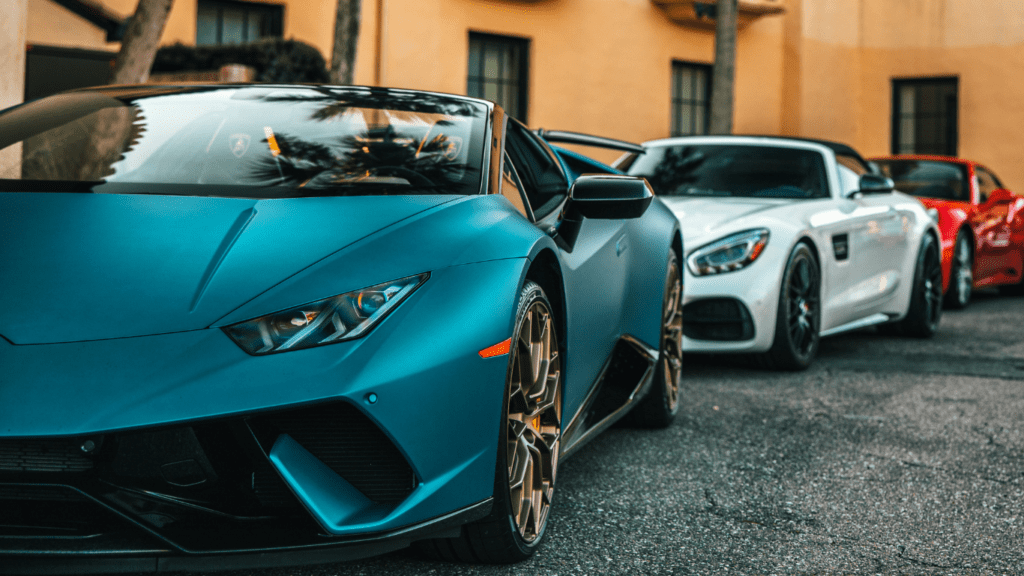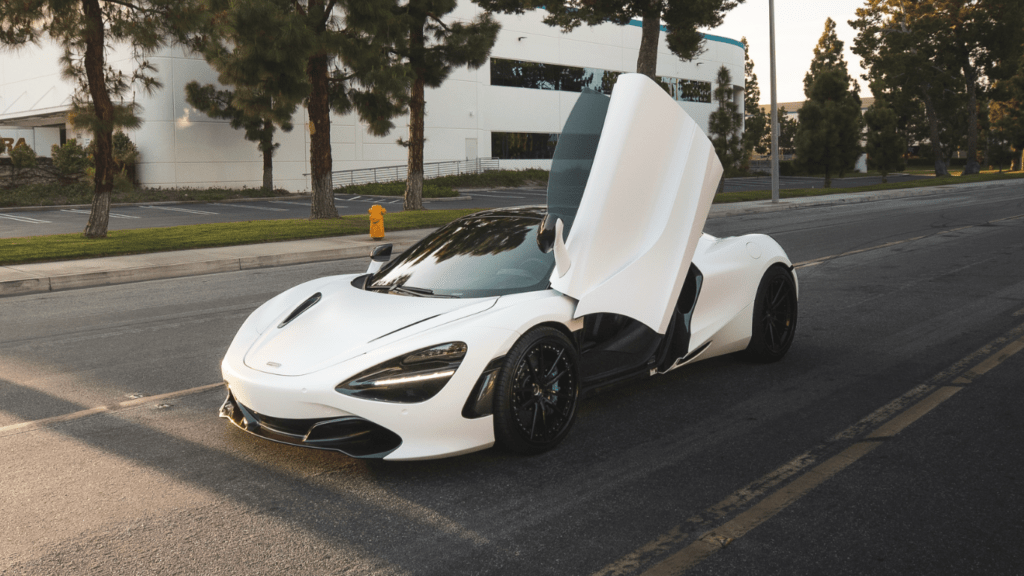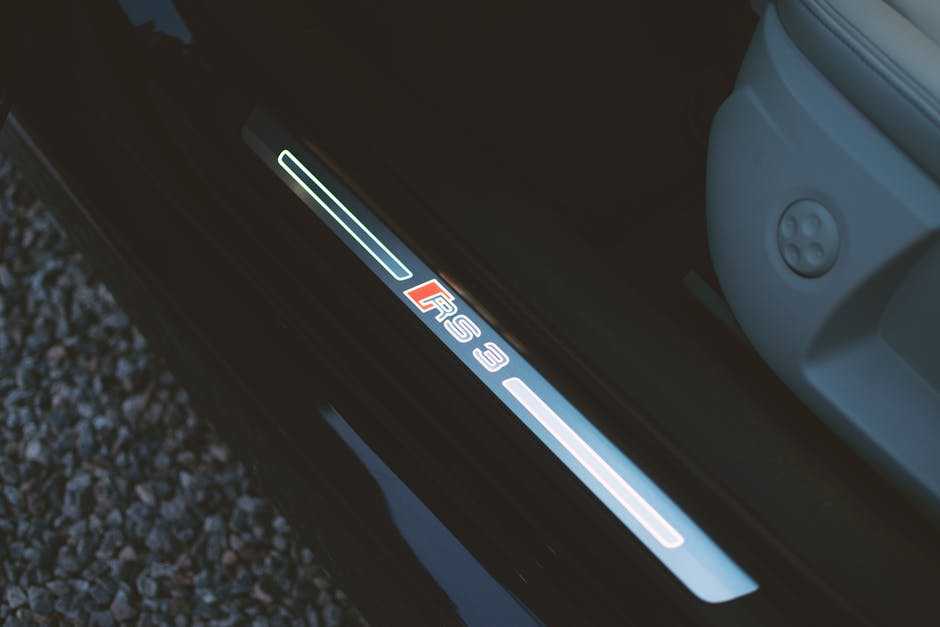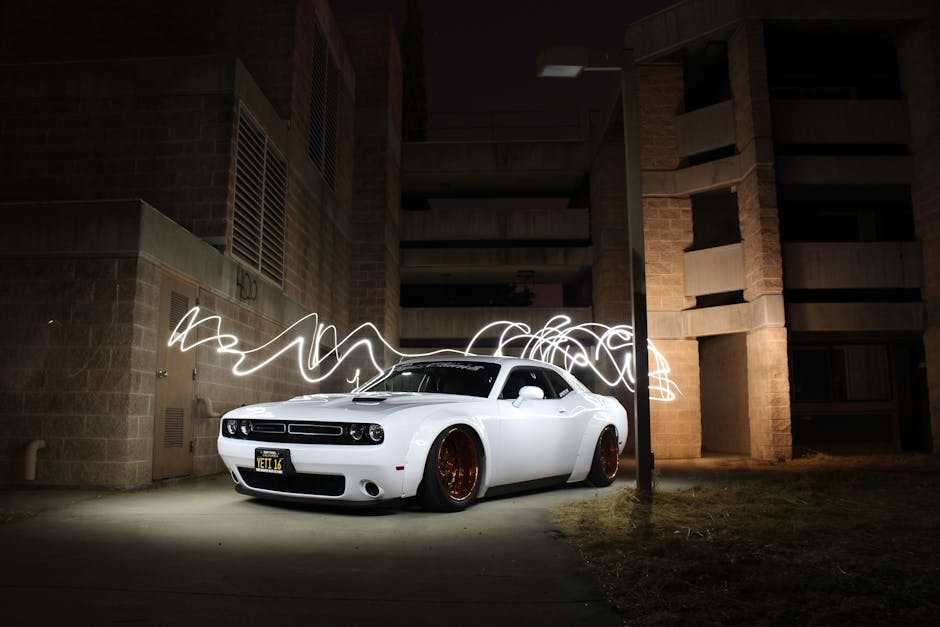The Evolution of Luxury Cars
Luxury cars have come a long way from their inception, with opulence and advanced engineering being key characteristics. Initially, luxury vehicles focused on providing unmatched comfort and superior craftmanship. Brands like Rolls-Royce and Bentley exemplified this with lavish interiors and smooth rides.
In the 20th century, technological advancements played a significant role in luxury cars. Features like air conditioning, power steering, and automatic transmissions became standard. In the 1980s and 1990s, brands like Mercedes-Benz and BMW integrated electronic components such as ABS brakes and navigation systems, setting new benchmarks for comfort, performance, and safety.
The turn of the century saw an increased focus on sustainable practices. Hybrid technology emerged, with models like the Lexus RX 400h leading the way. These vehicles combined gasoline engines with electric motors, offering improved fuel efficiency and reduced emissions without compromising luxury.
More recently, electric luxury cars have gained prominence. Tesla’s Model S redefined the market with its impressive range and high performance. Other brands followed suit, with Porsche’s Taycan and Audi’s e-Tron GT showcasing that electric power can coexist with luxury and performance.
The evolution of luxury cars continues as automakers innovate to meet modern expectations of sustainability and sophistication. With hybrid and electric models at the forefront, the landscape of luxury vehicles is being reshaped to prioritize both advanced engineering and environmental consciousness.
Advantages of Hybrid and Electric Vehicles
Hybrid and electric luxury cars offer several benefits that appeal to discerning consumers. They’re not only sophisticated but also forward-thinking in their design and functionality.
Environmental Benefits
Hybrid and electric vehicles (EVs) significantly reduce greenhouse gas emissions compared to traditional gasoline engines. For instance, an EV emits zero tailpipe pollutants, cutting down on air pollution. Many hybrid models also incorporate regenerative braking systems, recapturing energy typically lost during braking and converting it back into battery power. This efficiency boosts their eco-friendliness. According to the International Council on Clean Transportation (ICCT), hybrid and electric cars can reduce CO2 emissions by up to 50% compared to conventional cars.
Cost Efficiency
Though luxury hybrids and EVs often have higher upfront costs, they offer substantial savings in the long run. Owners benefit from lower fuel costs since EVs rely on electricity, which is cheaper than gasoline. Maintenance costs are also lower because EVs have fewer moving parts than traditional vehicles, reducing the need for frequent service. Additionally, many governments provide tax incentives and rebates for hybrid and electric car purchases, further offsetting the initial investment.
Technological Innovation
Hybrid and electric luxury cars are at the forefront of automotive technology. These vehicles often include advanced features such as state-of-the-art infotainment systems, autonomous driving capabilities, and enhanced connectivity options. Tesla’s Autopilot and Porsche’s InnoDrive illustrate the cutting-edge technologies integrated into these cars. They also feature sophisticated battery management systems and powertrains that enhance performance and efficiency, ensuring a superior driving experience.
Popular Hybrid and Electric Luxury Models

Luxury car manufacturers have embraced hybrid and electric technology, launching models that blend sustainability with opulence. Below are some standout models that have set benchmarks in this evolving market.
Top Hybrid Luxury Cars
- Lexus LS 500h
The Lexus LS 500h combines a 3.5-liter V6 engine with two electric motors, delivering 354 horsepower. It’s known for its smooth ride and luxurious interior. - BMW 745e
The BMW 745e pairs a 3.0-liter inline-six engine with an electric motor to produce 389 horsepower. It offers impressive fuel efficiency and a plush, tech-laden cabin. - Mercedes-Benz S 560e
The Mercedes-Benz S 560e uses a 3.0-liter V6 engine and an electric motor, generating a combined 469 horsepower. This model stands out for its advanced driver-assistance features and refined comfort.
- Tesla Model S
The Tesla Model S remains a frontrunner with up to 396 miles of range and Ludicrous Mode, which accelerates from 0 to 60 mph in just 1.99 seconds. Its minimalist interior includes a 17-inch touchscreen. - Porsche Taycan
The Porsche Taycan offers a blend of performance and luxury, boasting up to 750 horsepower and a 0 to 60 mph time of 2.4 seconds. Its interior is meticulously crafted with high-end materials and cutting-edge technology. - Audi e-tron GT
The Audi e-tron GT provides up to 637 horsepower and a range of 238 miles. It features an elegant, modern design and advanced infotainment system.
These hybrid and electric models symbolize the high standards set by luxury automakers, balancing eco-friendly technology with the ultimate in driving experience and opulence.
Consumer Reception and Market Trends
Luxury car buyers are increasingly opting for hybrid and electric models. The market data reflects growing interest and investment in eco-friendly luxury vehicles.
Sales Statistics
Sales of hybrid and electric luxury cars have surged. According to the International Energy Agency (IEA), global sales of electric vehicles (EVs) reached 6.6 million units in 2021, a 100% increase from the previous year. Luxury brands such as Tesla and Audi are notable contributors. Tesla’s Model S saw a 30% boost in sales, while Audi reported a 25% increase in e-tron sales. The hybrid market isn’t far behind; Lexus experienced a 20% rise in sales for hybrid models like the LS 500h.
Consumer Preferences
Consumers prioritize eco-friendliness and advanced features. A Consumer Reports survey found that 70% of luxury car buyers consider environmental impact when purchasing. They value advanced technology—autonomous driving capabilities, cutting-edge infotainment systems, and superior battery life. Another preference is performance; these customers expect seamless integration of eco-friendly tech with powerful engines, exemplified by the Porsche Taycan and Mercedes-Benz EQS.
Challenges and Future Prospects
Infrastructure and Charging Stations
Hybrid and electric luxury cars need a robust charging network to realize their full potential, yet infrastructure remains an obstacle. Currently, Tesla leads with its Supercharger network, offering rapid charging to minimize downtime. Other luxury brands, such as Porsche and Audi, rely on third-party networks, which often provide inconsistent availability. For instance, while urban areas have improved access, rural regions frequently lack the necessary infrastructure.
Governments are investing in public charging stations, but the pace isn’t uniform worldwide. In the US, the Bipartisan Infrastructure Deal aims to set up 500,000 chargers by 2030. However, high installation costs and lengthy approval processes slow deployment. According to the International Council on Clean Transportation, fast chargers cost between $28,000 and $140,000 per unit, presenting significant financial barriers.
Market Competition
The luxury sector’s shift to hybrid and electric technologies intensifies competition among automakers. Tesla’s innovation set high standards, but traditional brands like:
- Mercedes-Benz
- BMW
- Audi
are catching up. Mercedes-Benz’s EQS and BMW’s iX series illustrate this, offering cutting-edge tech and performance. For instance, the EQS boasts a 56-inch Hyperscreen and a 350-mile range under favorable conditions.
Innovative newcomers like Lucid Motors add complexity to market dynamics, with their Air model achieving a 516-mile range, posing a direct challenge to established luxury brands. To stay competitive, these automakers must continuously innovate, ensuring their offerings surpass competitors in both technology and luxury.
Regulatory and consumer pressure for sustainable practices is also driving competition. The European Union’s goal of banning internal combustion engine vehicles by 2035 heightens the urgency for brands to offer viable electric alternatives. Additionally, consumers expect eco-friendly credentials without compromising on luxury features, which pushes automakers to strike a balance between performance and environmental responsibility.



 Editorial Director
Editorial Director
